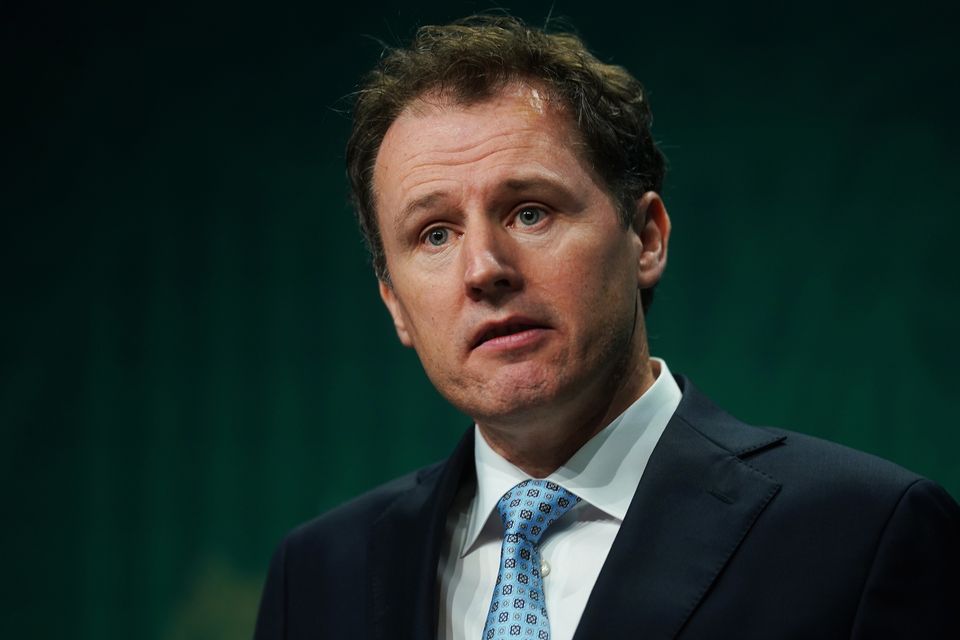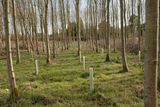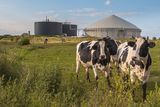Officials sought block on flood of emails after backlash to glyphosate proposals
Charlie McConalogue’s department received hundreds of emails
Agriculture Minister Charlie McConalogue received so many emails about glyphosate after the European Commission recommended renewing the controversial weedkiller’s licence that officials asked for them to be blocked.
Samples of the almost 500 emails sent in one afternoon show they were copies of a few messages sent out in bulk, all urging the minister to oppose the renewal.
However, the minister also received emails and letters from individuals and organisations who pleaded with him to use Ireland’s vote to ban glyphosate.
They included Unicef Ireland, which told Mr McConalogue: “Children are uniquely vulnerable to the exposure to pesticides compared to adults.
“Negative health impacts at the developmental stage of children are far less reversible.”
Letters also came from the widower of a woman who died from Parkinson’s disease, and the son of a farmer living with the disease.
They believed exposure to glyphosate sprays in the garden and on crops caused the disease.
Studies suggest there are links, and the support group, Parkinson’s Ireland, has campaigned for the chemical to be banned.
The emails and letters are among documents released under the Freedom of Information Act that show the department’s preparations for the renewal vote late last year.
Ireland supported the renewal and glyphosate was subsequently granted a 10-year licence which runs until December 2033.
That was despite concerns about links between the chemical and cancer and other diseases, and the payment of billions of dollars in the US to settle 100,000 lawsuits claiming health damage.
Department of Agriculture officials prepared multiple briefing documents for Dáil debates, media queries and diplomatic communications as focus on the issue intensified between July and December last year.
The importance of glyphosate to agriculture in Ireland was stressed repeatedly.
On average 970 tonnes (970,000kg) of pure glyphosate was sold in Ireland as the active ingredient in weedkillers annually from 2019 to 2021. That makes up 30pc of all pesticide active substances placed on the Irish market.
The department said it was not possible to divide the sales into purchases for agriculture and other uses such as forestry, amenity areas, gardens and maintenance of railway tracks.
However, data referenced by officials shows just over 166,000 hectares of grassland and fodder crops was sprayed with glyphosate in 2022.
The department said the chemical was also valuable for controlling invasive species such as Japanese knotweed.
It added: “It should be noted that the use of glyphosate in conservation tillage is important for maintaining carbon storage levels in soils.”
This refers to the use of pesticides rather than ploughing to remove weeds, the objective being less disturbance and erosion of the soil.
Lobbyists for glyphosate have argued using the chemical this way enhances carbon sequestration.
The documents also show the minister declined a request by the Argentinian ambassador to Ireland to meet to discuss “a range of issues including glyphosate”. This was despite advice the custom was for ministers to meet ambassadors when requested.
It was noted that one Argentinian province had voted to ban glyphosate completely by 2025.










